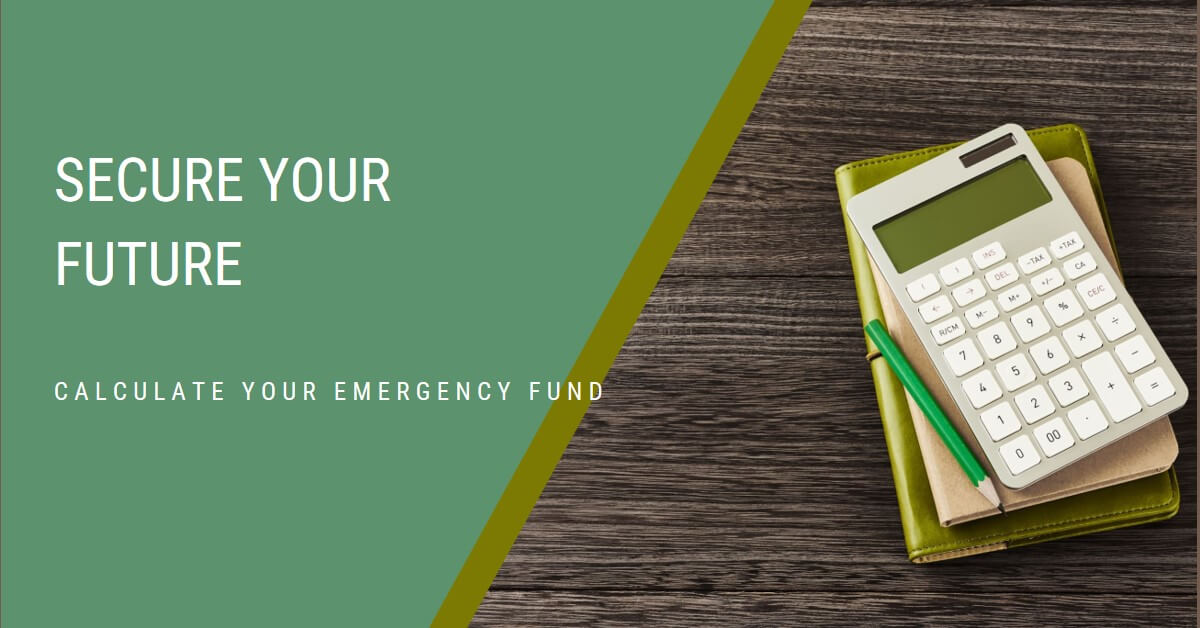
Setting up a budget is a crucial step towards financial freedom. It's a roadmap that guides your spending, helping you achieve your financial goals.
But what exactly is a budget? Simply put, it's a plan for your money. It helps you allocate your income towards your needs, wants, savings, and debt repayment.
Creating a budget might seem daunting, especially if you're new to personal finance. But don't worry, this guide will walk you through the process step-by-step.
We'll cover everything from calculating your income, tracking your expenses, to setting financial goals. We'll also discuss the role of budget calculators and how they can simplify the process.
By the end of this guide, you'll have a clear understanding of how to set up a budget. More importantly, you'll be equipped with the knowledge to take control of your finances and work towards your monetary goals.
Understanding the Basics of Budgeting
Budgeting is more than just tracking pennies. It's about mindful money management and planning for future financial security. At its core, a budget balances your income and expenses, ensuring you live within your means.
Understanding budgeting starts with grasping its benefits. A well-crafted budget aids in achieving long-term goals like retirement savings or buying a home. It also addresses short-term needs by controlling impulsive spending and reducing debt. This balance between short- and long-term planning is essential for maintaining financial health and reducing stress.
Step 1: Calculate Your Net Income
Begin by determining your net income, the cornerstone of your budget. This is your total income after taxes and other deductions. It's the money you actually have available to spend and save each month.
To calculate net income, start with your gross income. Deduct taxes, health insurance premiums, and retirement contributions. Remember to include all income sources—salaries, rental income, and side gigs.
- Gross income
- Taxes and deductions
- Total net income
Identifying your net income gives clarity to your financial picture. It provides a foundation for building a realistic budget. Knowing what you have helps you make informed financial decisions.
Step 2: Track Your Spending and Categorize Expenses
The next step in setting up a budget is tracking your spending. This helps you understand where your money goes. It's important for recognizing spending patterns and identifying areas for improvement.
Start by recording every expense for a month. Use bank statements, receipts, and credit card bills. This will give you a complete picture of your spending habits. There are various tools to simplify this process.
Once you have all your expenses, categorize them. Common categories include housing, food, transportation, and entertainment. Grouping expenses is key to tracking where your money is going.
- Housing
- Food
- Transportation
- Entertainment
- Utilities
Categorizing your expenses makes it easier to spot areas for potential savings. Understanding your spending habits is crucial for effective budget management. It also ensures your money aligns with your financial priorities. By tracking and categorizing expenses, you set the stage for successful budgeting.
Step 3: Set Realistic Financial Goals
Setting financial goals is crucial for any budget. These goals provide direction and purpose to your money. They guide your spending and saving habits.
Begin by defining what you want to achieve. This could be saving for a vacation or paying off debt. Make sure your goals are specific and achievable. This approach increases the likelihood of success.
Break your goals into short-term and long-term objectives. Short-term goals might include monthly savings targets. Long-term goals could focus on retirement savings or buying a home. Setting clear goals ensures your budget aligns with your aspirations and priorities.
Step 4: Create Your Budget Plan Using the 50/30/20 Rule
Now it's time to structure your budget. The 50/30/20 rule is a simple yet effective method. It helps organize your expenses logically and efficiently.
The rule divides your after-tax income into three categories. These categories are needs, wants, and savings. It's crucial to understand each part for successful budgeting.
- 50% for needs: essentials like rent, groceries, and utilities.
- 30% for wants: entertainment, dining out, and hobbies.
- 20% for savings: building your emergency fund and paying off debt.
This framework provides balance by covering essential expenses and allowing room for enjoyment and savings. Adjust the percentages according to your financial situation. Flexibility ensures your budget can adapt to life's changes. Understanding how to divide your income with the 50/30/20 rule simplifies budgeting. It helps maintain a stable financial condition while achieving your personal finance goals.
Step 5: Monitor and Adjust Your Budget Regularly
Maintaining an effective budget requires ongoing attention. Monitor your spending patterns to ensure you stay on track. Regular checks prevent unwanted surprises.
Review your budget weekly or monthly for any adjustments. Life circumstances can change, impacting your income or expenses. Adapt your budget to reflect these changes.
Sticking to your budget isn't about perfection, but about flexibility. Adjusting as needed can help you meet your financial goals. Monitoring ensures you identify areas where you're overspending or saving less. Staying aware keeps your budget aligned with your current situation and priorities.
Utilizing Budget Calculators and Apps
Budget calculator and apps can simplify tracking your spending. They provide real-time insights into your financial health. With user-friendly interfaces, you can easily input your income and expenses.
Many apps categorize expenses automatically. This feature saves time and reduces errors in manual tracking. Popular apps can sync with your bank accounts, providing a comprehensive view of your finances.
Budget calculators help set realistic financial goals. By adjusting variables, you can plan for upcoming expenses or savings. These digital tools enhance your ability to control your personal finance with efficiency and ease.
Tips for Sticking to Your Budget
Sticking to your budget requires discipline and motivation. Start by setting clear financial goals. Knowing what you aim to achieve can keep you focused.
It's helpful to keep track of your progress regularly. Review your budget weekly to ensure you're on course. This habit allows for adjustments if needed, enhancing accountability.
Celebrate small financial victories. When you reach a saving milestone, reward yourself modestly. Positive reinforcement creates a connection between budgeting and personal success, making it more engaging and less of a chore.
Common Budgeting Mistakes to Avoid
It's easy to overestimate income and underestimate expenses. Be realistic with both to avoid falling short. Inaccurate figures can derail your budget quickly.
Neglecting to adjust your budget for life changes is another pitfall. As your income or expenses change, so should your budget. Flexibility ensures your budget remains effective and relevant.
Conclusion: Embracing Financial Freedom
Creating a budget is a vital step towards financial freedom. It offers clarity and control over your finances. With a well-planned budget, you can meet your financial goals and reduce stress.
Embrace budgeting as a lifestyle choice. Commit to reviewing and adjusting as needed. Your effort today paves the path to a secure financial future.


